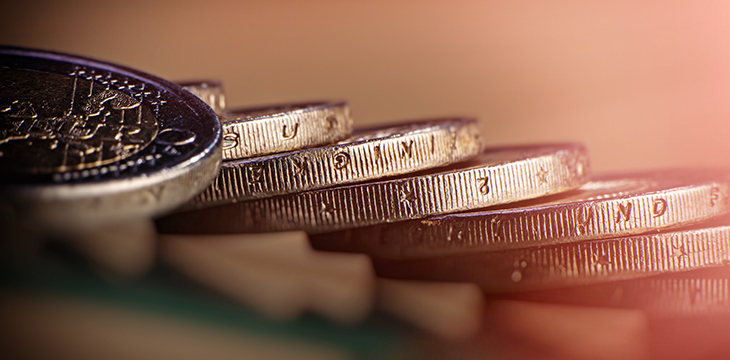|
Getting your Trinity Audio player ready...
|
The Dutch government has initiated a new wave of measures that it hopes will combat money laundering in the country. According to a report by a local outlet, over €16 billion ($18 million) is laundered in the country every year. The government intends to crack down on all the channels it believes the launderers use, and crypto is reportedly top among them.
The northwestern European country will take drastic measures to combat money laundering, the report stated. These will include the banning of cash payments above €3,000 ($3,390), abolishing the €500 bank note and the blocking and flagging of unusual clients by the banks.
The country’s Minister of Finance, Wopke Hoekstra and the Minister of Justice and Security, Ferdinand Grapperhaus released a joint statement outlining their commitment to fight money laundering.
Part of the statement stated, “Money laundering is a very big problem that must be tackled together. The government, regulators, the Financial Intelligence Unit (FIU), OM, FIOD, the financial sector and accountants are therefore now joining forces to ensure that criminals cannot get a foothold in our financial system.”
Crypto regulation is one of the measures the government hopes can rid the financial system of the money launderers. The country has been lenient on cryptos, allowing traders to conduct their businesses with minimal supervision. Amsterdam, the country’s capital, has been the crypto hotspot, with a report showing that the number of cryptos was steadily increasing in the city. According to the report, the city has the most ATMs in Europe.
However, there have been cases of crime that involved crypto which perhaps led the government to consider regulations. One of these is the recent arrest of a crime ring that stole $27 million in crypto through typosquatting. This is a practice in which scammers spoof a popular website and use the clone to steal from unsuspecting users.
Earlier this year, the Dutch government also moved to ban the use of dark coins. The Finance Minister, working with the central bank, required all crypto companies to prove that they conduct sufficient know-your-customer practices.
The ministers didn’t disclose the details of the regulations or when they will be implemented. However, they warned money launderers that they will smoke them out of the country:
“Crime cannot pay. Not in the Netherlands, not in Europe and not worldwide. Through a joint effort, we want to take the approach to money laundering to a higher level. The Netherlands must be among the international leaders in tackling money laundering.”

 03-03-2026
03-03-2026 




